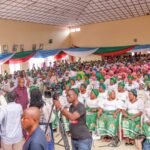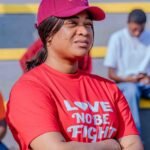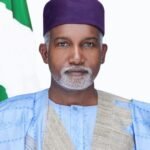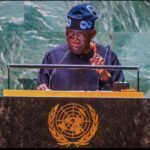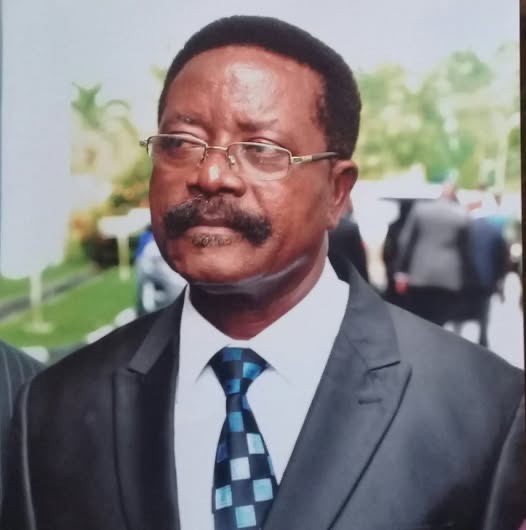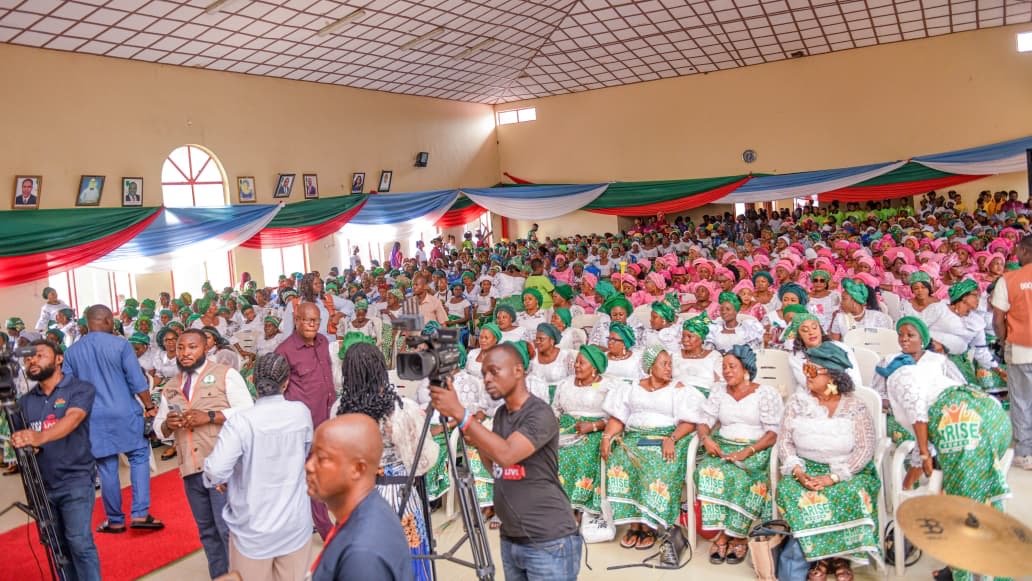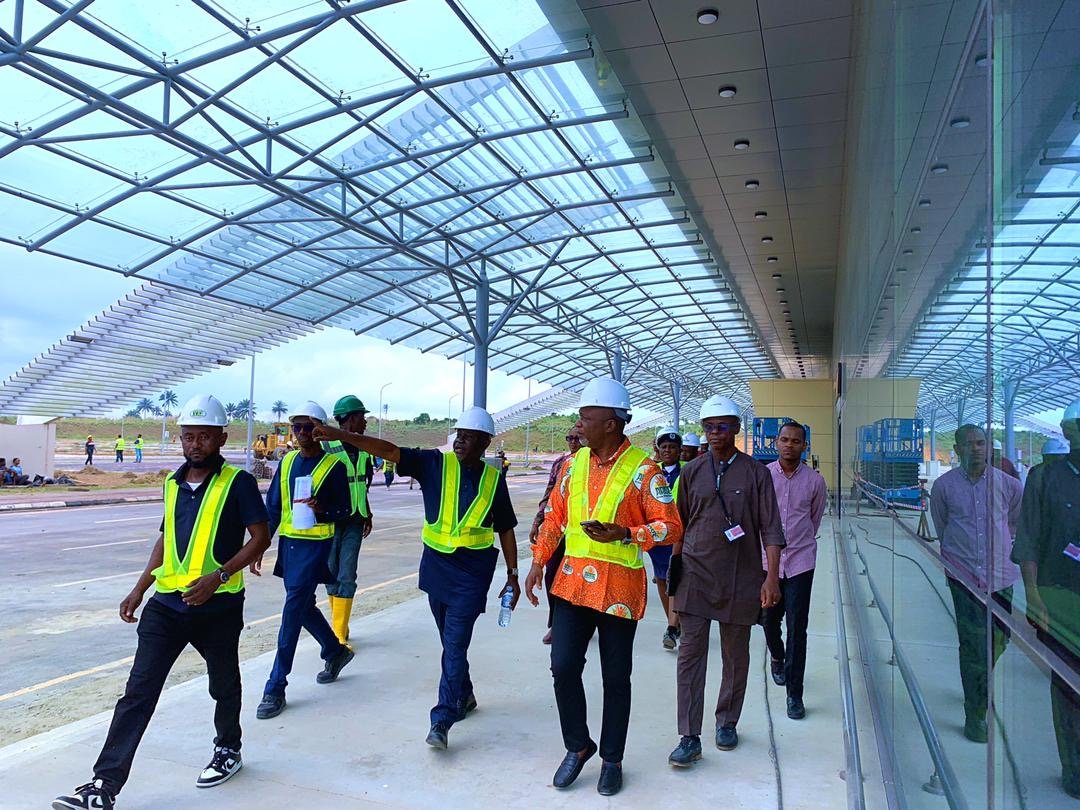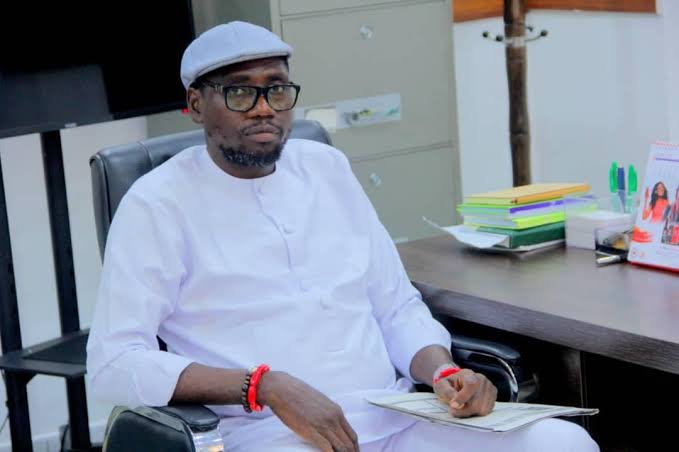Barrister Fidelis Onyebueke.
By Ita Williams, Calabar
A Prominent legal practitioner, Barrister Fidelis Onyebueke, has called on the Cross River State Government to consider returning to the Supreme Court to challenge a controversial judgment over disputed oil wells, insisting the state was “cheated” in the transaction.
In an interview with journalists at his chambers recently, Onyebueke described the long-running dispute, involving Cross River State, Akwa Ibom State, and several female litigants, as a “clear case of injustice.”
“It is very unfortunate that Cross River was cheated over those oil wells,” Onyebueke said. “I have been here for over 40 years, and to my mind, the state was not fairly treated in that oil transaction.”
The Supreme Court had twice ruled in favour of Akwa Ibom, following which the Presidency advised both states to seek a political settlement.
But Onyebueke doubts the feasibility of such an approach when a subsisting judgment exists.
“If there are fundamental errors in a judgment, the Supreme Court can overrule itself,” he explained. “The Cross River Government can go back and argue that the judgment was obtained by deceit or misrepresentation. It’s an awkward task, but possible if they have the will.”
On the resurgence of communal conflicts in Biase, Ikom, Ogoja, and other parts of the state, Onyebueke faulted the government’s handling of security and local administration.
“When the state has a firm grip on its structures, communities are aware of the consequences of their actions,” he said. “For such gruesome attacks to resurface means something is lacking somewhere.”
He warned that the government must adopt a proactive approach to prevent escalation, noting that unrest had recently been reported in Ubodu, Tiwi, and Bukiri.
Turning to the 2027 presidential race, Onyebueke criticized what he called the premature focus on campaigns at the expense of governance.
“This is the first time in our history that a sitting president began campaigning for a second term from the first day in office,” he lamented. “The act of governance has collapsed. Ordinary people are complaining, but politicians are focused on 2027.”
On the role of the African Democratic Congress (ADC), he acknowledged that the party’s presence prevents Nigeria from sliding into a one-party state, but expressed doubt about its readiness to govern.
“ADC seems more interested in capturing power than in addressing the needs of Nigerians,” he argued. “If they field a divisive candidate, they may end up strengthening the current government.”
On the recent visit of Governor Otu’s special adviser to Innocent Chukwuma, founder of Innoson Motors, Onyebueke welcomed plans to make Tinapa a hub for automobile assembly.
“Tinapa was once an international attraction. People came from London and America to see it,” he recalled. “It’s tragic that successive governments allowed it to collapse. If Innoson is given a level playing field, the project can be revived, and that will be a plus for both the state and federal government.”
Commenting on the legal dispute over the University of Calabar vice-chancellor’s appointment, were a disqualified aspirant sued the institution for not meeting the 10-year professorial experience requirement, Onyebueke warned that the matter could create a leadership vacuum.
“It’s not in the university’s interest to stall the process,” he said. “We must learn to tolerate each other so institutions can move forward.”
On the governor’s acquisition of an airline for the state, Onyebueke aired his support, calling it a strategic economic move.
“It is a priority because it will enhance the state’s economy,” he said. “My only concern is proper management to ensure it achieves that goal.”
On the push for Ogoja State’s creation in the ongoing constitutional amendment process, Onyebueke said success would depend on unity among stakeholders.
“It may be possible if all parties agree,” he explained. “But conflicting positions will make it impossible. The people must come together and present a united front; it’s not something that will be handed to them as a matter of course.”
The senior lawyer concluded by urging leaders at all levels to focus less on political positioning and more on solving pressing social, economic and developmental issues.
